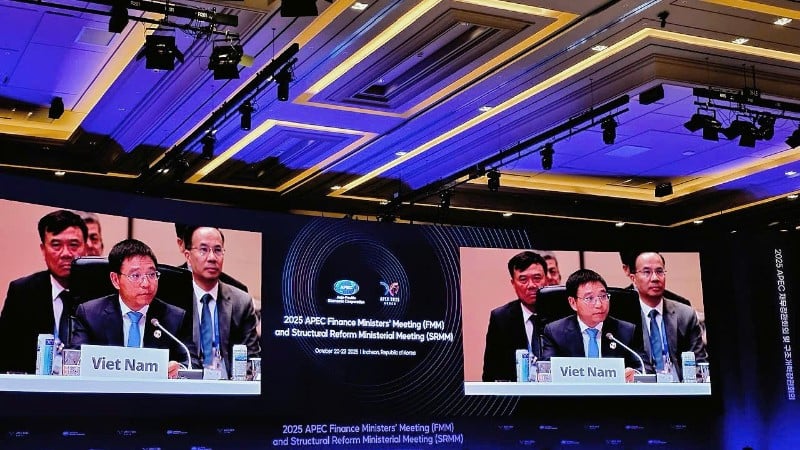
On October 21, 2025, in Incheon (South Korea), the 32nd APEC Finance Ministers' Meeting (FMM 2025) was held within the framework of the APEC 2025 High-Level Week, chaired by Deputy Prime Minister and Minister of Economy and Finance of the Republic of Korea Yun Cheol Koo. Finance Minister Nguyen Van Thang led the Vietnamese delegation to the Conference with representatives of APEC member economies and many international financial institutions.
With the theme “Sustainable growth and shared prosperity in the region”, the Conference focused on discussing three priority groups of APEC 2025: innovation, digital finance and fiscal policy.
Vietnam is an active member for stability and common prosperity of APEC.
Speaking at the 32nd APEC Finance Ministers' Meeting, Finance Minister Nguyen Van Thang shared about Vietnam's macroeconomic situation and prospects. Vietnam's economic growth in the first 9 months of 2025 reached 7.84%, aiming for the target of 8.1% - 8.5% in 2025. Inflation is under control, with an average CPI increase of 3.27% in the first 9 months of 2025.
In the coming time, Vietnam will continue to realize the target of double-digit economic growth of 10% or more in the 2026-2030 period and continue to strongly implement important strategic orientations on science and technology development, innovation and national digital transformation; promote international integration; perfect institutions and laws, minimize administrative procedures, remove all institutional obstacles, turn institutions into competitive advantages to unleash social resources; develop the private economy; create strong momentum for Vietnam to develop rapidly and sustainably.
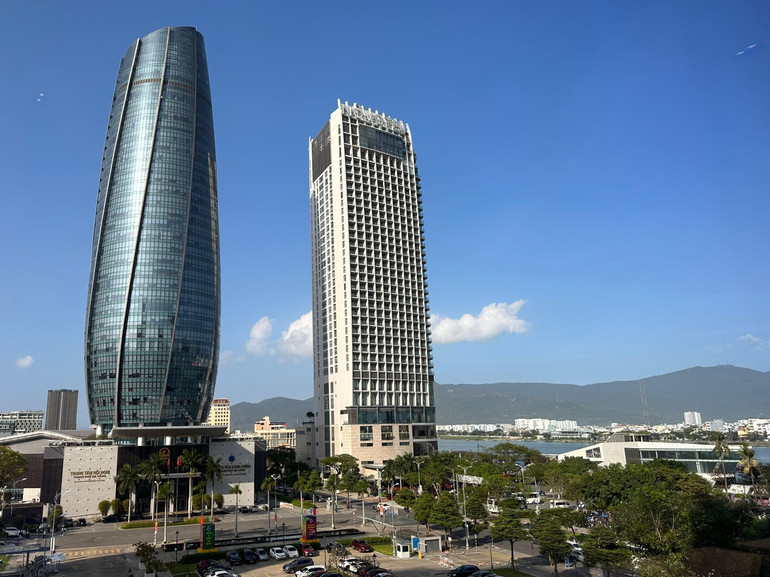
Discussing the main content of this year's APEC with a focus on innovation, digital finance and fiscal policy, Minister Nguyen Van Thang said that in Vietnam, in the field of digital finance, science and technology development, innovation and digital transformation are very important driving forces for economic development.
The Vietnamese Ministry of Finance is implementing a number of key tasks such as promoting digital transformation in the public finance sector, financial markets, developing international financial centers in Ho Chi Minh City and Da Nang; and piloting the crypto asset market in Vietnam.
Regarding the application of artificial intelligence (AI), although there are many positive points that contribute to transforming the financial sector, it is necessary to clearly recognize the potential risks that AI can bring, thereby sharing and commenting on the measures and directions being implemented to apply AI safely, transparently and sustainably.
From the perspective of fiscal policy management in the context of increasing pressure on public finances, Vietnam has identified that fiscal policy needs to shift its focus from short-term stabilization to long-term structural investment and risk management. Key areas include reforming the sustainable social spending system; strategic investment in human capital and technology; flexible fiscal management and revenue optimization, and improving public spending efficiency through results-based budgeting.
Strengthening financial cooperation for sustainable growth and shared prosperity
At the Conference, Finance Ministers shared their assessment of the global economic landscape: despite recovering from the pandemic, the global economy still faces many challenges such as geopolitical tensions, public debt risks and climate change. In this context, APEC members agreed on the need to maintain flexible macroeconomic policies, promote multilateral cooperation and consider this a key driving force to strengthen regional resilience and growth.
APEC members affirmed that innovation is the main driver of productivity growth, and emphasized cooperation between the public and private sectors in technology development and digital finance. The meeting highly appreciated the potential of applying artificial intelligence (AI) in the financial sector, especially in increasing access to capital for micro, small and medium enterprises (MSMEs), and suggested that economies coordinate to issue a safe and transparent policy framework to promote the development of the AI ecosystem, protect consumers and ensure financial stability.
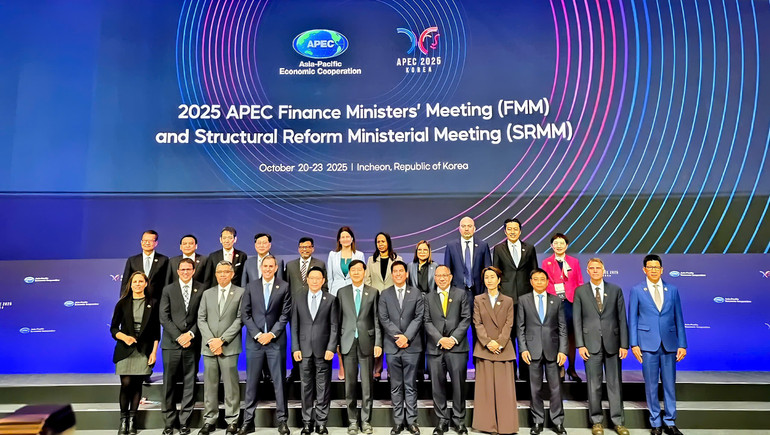
Regarding fiscal policy, the Conference affirmed the key role of sustainable fiscal management in maintaining macroeconomic stability. Accordingly, the Ministers agreed on the need to: strengthen fiscal discipline, prudently manage public debt; improve the efficiency of public spending, towards investment in infrastructure and high-quality human capital; encourage the public-private partnership (PPP) model as an effective tool to mobilize social resources and improve public services.
Adoption of the Incheon Plan 2026–2030
At the end of the Conference, the Ministers adopted the “Incheon Plan 2026-2030” – the orientation for the Action Plan of the APEC Finance Ministers’ Process (FMP) for the next 5 years.
Accordingly, the roadmap is built on four pillars, including: Innovation; Finance; Fiscal policy; Access and opportunities.
The conference also unanimously adopted the Joint Statement of APEC Finance Ministers 2025.
According to the roadmap, China will take on the role of chairing the 33rd APEC Finance Ministers' Meeting Process (FMM 2026), continuing the spirit of cooperation and common prosperity of the APEC region.
Source: https://nhandan.vn/viet-nam-tai-apec-2025-tich-cuc-thuc-day-hop-tac-doi-moi-sang-tao-tai-chinh-so-va-chinh-sach-tai-khoa-post917091.html









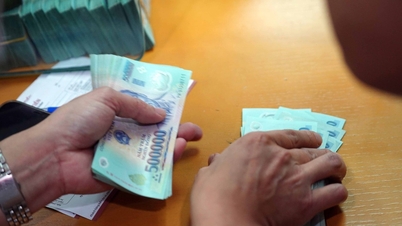

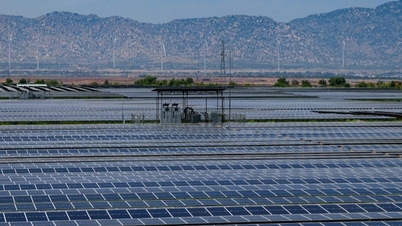

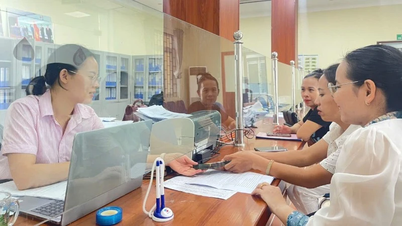








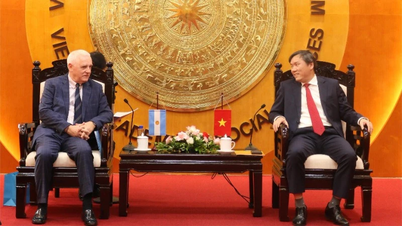
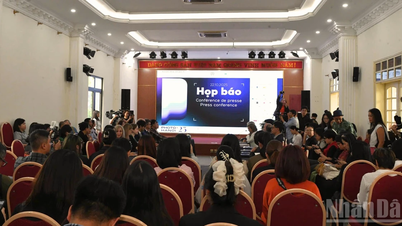


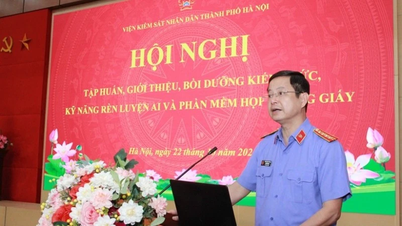






































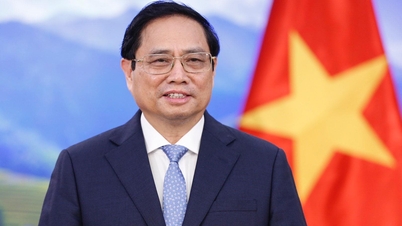

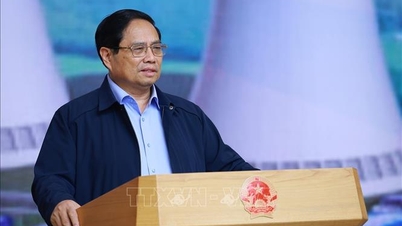






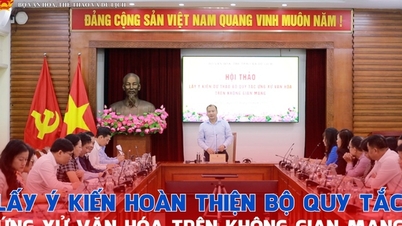
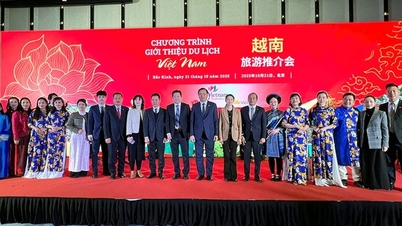
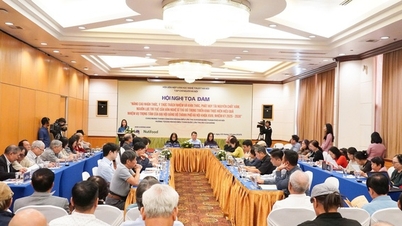
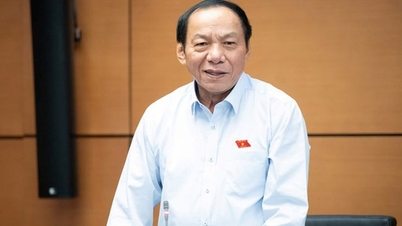
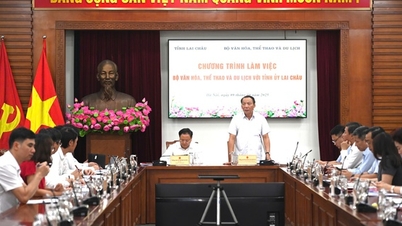




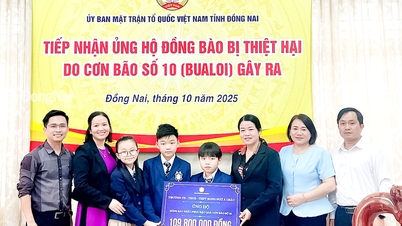


















Comment (0)